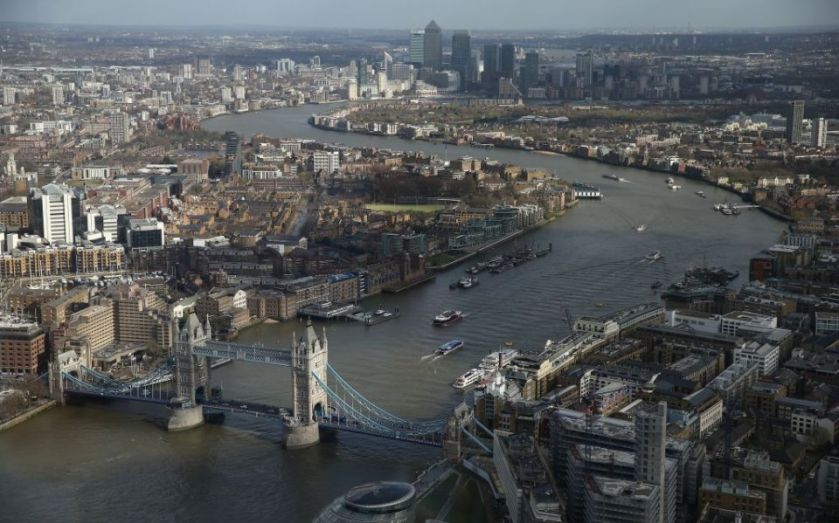The Autumn Statement contained some significant wins for business and the City

George bails himself out” was the front page headline of this very paper last Thursday as businesses up and down the country digested the impact of the Autumn Statement. While the U-turn on tax credits dominated much of the coverage, there was a lot of content announced by the chancellor from the despatch box that the City and wider London will be encouraged by.
Clearly, the apprenticeship levy, which comes into force in 2017, has irked a number of the business lobby groups. The Institute of Directors even went as far as calling it a payroll tax. The debate and lobbying on this issue will continue, but we can’t be distracted from some of the real wins for the City.
Read more: The apprenticeships levy is a bad policy – and not just because it’s a tax on the lowest-skilled
The £11bn in funding for London’s transport infrastructure is a prime example. This investment is essential if we’re to maintain the capital’s competitiveness as a leading global financial centre in the years to come. The benefits of Crossrail are huge – it will not only improve our commuter network, but also has a quantifiable economic value, with our own estimates showing it will boost GDP by £42bn. So the promise of new tubes and buses, along with the constant improvement of the travel network and the possibility of Crossrail 2 are all welcome.
This investment wouldn’t mean so much unless there was an urgent plan to get on and tackle one of the capital’s biggest problems: housing. That is why the pledge of 400,000 new homes across England, combined with a doubling of the housing budget, is also a positive development. But the City will be urging the government and house builders to get started with this programme quickly and to get the spades in the ground. A huge investment in London’s transport programme isn’t so attractive if workers can’t live nearby or even afford a roof over their heads in or around the capital.
A major plank of my work will be selling the City overseas and I will be spanning the globe in the next 12 months, visiting 28 countries in total. That is why I was personally pleased to see that the Foreign Office budget has been protected in real terms. If we’re to keep pace with our competitors on the global stage, and secure those commercial opportunities that exist in emerging markets, we need to make sure that the UK has a strong diplomatic network in these countries. Without it, brand Britain would suffer in the long run.
And finally a little closer to home, we’re also delighted to see that the devolution agenda, which is empowering local authorities across the country with more decision-making over skills training, transport and their local economy, continues to gain ground. As I have said before, a strong regional powerbase, particularly with the Northern Powerhouse driving this, is good for the UK as a whole and for London as a leading city. So we’ve much to cheer from last week and want to see similar positive measures in the Budget next year.